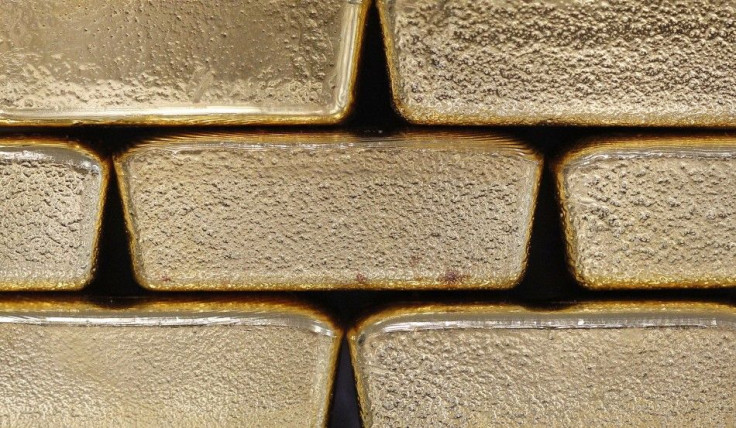Will Bull Market for Gold Continue?

Gold is expected to reach a new record high of $2,200 per ounce as fears of Economic and Monetary Union of the European Union break-up surge again and with U.S. monetary policy anticipated to remain supportive, according to Capital Economics.
The forecast made by Capital Economics is that gold will rise to around $2,200 by the end of this year before dropping back to $2,000 by the end of 2013. The most likely catalyst for a further surge in the gold price would be the start of a new and much more dangerous phase of the crisis in the eurozone, ultimately leading to the break-up of the single currency itself.
At the same time, Capital Economics does not leave out the possibility that gold might come back to $1,000 per ounce if the crisis in Europe is indeed past its worst and the U.S. economy improves enough to allow the Federal government to start preparing to raise interest rates.
At face value the price of gold appears to have peaked at around $1,900 per ounce last September, and has since then fallen back to $1,650.
Capital Economics points out that gold has been undermined by three main factors: the emerging consensus that U.S. interest rates may rise sooner than previously anticipated and that there will be no further QE from the Federal government in the meantime, the return of a degree of confidence in the U.S. dollar and fading concerns about the problems in the eurozone.
Capital Economics adds that if U.S. 10-year real yields returned to more normal levels of 2 percent, the gold price might be expected to drop back to around $1,000 per ounce.
However, Capital Economics notes that one of the difficulties of forecasting the price of gold is that the key drivers change so frequently. Even in a scenario where safe haven demand is weak and U.S. interest rates are on the rise, gold could find other supports, such as a strong consumer demand from China and India.
Capital Economics adds that in the meantime, gold is still not particularly expensive relative to other commodities, such as oil, so it could simply settle around current levels.
At the same time, Capital Economics does not rule out the possibility of gold becoming expensive.
© Copyright IBTimes 2024. All rights reserved.




















